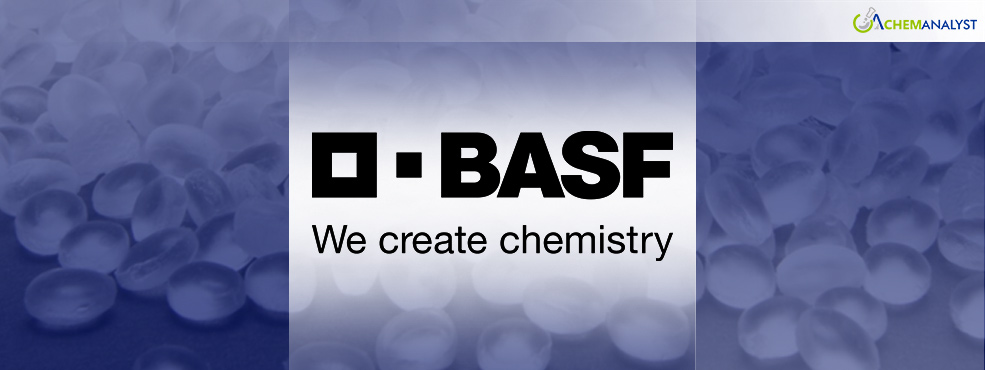Welcome To ChemAnalyst

BASF has introduced two new product variants in its sustainable polyamide portfolio: Ultramid® LowPCF and Ultramid® ZeroPCF. These innovations aim to significantly reduce the carbon footprint associated with polyamide production in Europe. The LowPCF designation indicates a reduced CO2 footprint, while ZeroPCF represents products with net zero greenhouse gas emissions.
These new offerings are part of BASF’s commitment to sustainability and environmental responsibility. By using these innovative products, customers can reduce greenhouse gas emissions compared to traditional polyamide solutions. Specifically, BASF is making available its Ultramid® B brand and the precursor caprolactam in both ZeroPCF and LowPCF variants, alongside Ultramid® C as a LowPCF option.
One of the key features of the LowPCF products is their reliance on electricity generated from renewable sources. This includes power sourced from the Hollandse Kust Zuid offshore wind farm in the North Sea, in which BASF holds a stake. In addition to renewable electricity, the production of these low-carbon products utilizes low-emission steam generated by replacing natural gas with certified biomethane.
The benefits of these innovations are substantial. BASF claims that the Product Carbon Footprint (PCF)—which measures greenhouse gas emissions from raw material extraction to the factory gate (a "cradle-to-gate" approach)—is reduced by at least 30% compared to conventional industry benchmarks. This reduction in PCF allows customers to lower their Scope 3.1 emissions, as outlined in the Greenhouse Gas Protocol, which measures indirect emissions in a company’s value chain.
To achieve net zero PCF for the ZeroPCF products, BASF employs renewable raw materials in accordance with a mass balance approach. This method entails substituting fossil-based raw materials with an equivalent amount of certified biomethane and bio-naphtha at the onset of production. The quantities of these renewable materials are then allocated to the final products using the mass balance principle. Furthermore, ZeroPCF products are certified under the International Sustainability and Carbon Certification (ISCC) PLUS Standard, ensuring compliance with rigorous sustainability criteria.
Pedro Serra, Head of Sales PA6 Europe at BASF, remarked on this groundbreaking initiative: “We are the first company in the world to offer both LowPCF and ZeroPCF options in the polyamide 6 value chain. With this portfolio, we meet the increasing demand in the industry and help our customers achieve their sustainability goals.” This assertion underscores BASF’s role as a pioneer in the sustainable materials sector, responding to growing market pressures for environmentally friendly solutions.
The introduction of Ultramid LowPCF and Ultramid ZeroPCF not only broadens BASF’s product portfolio but also aligns with its broader sustainability objectives. The Monomers division aims to provide a comprehensive array of sustainable solutions that are critical for achieving climate neutrality and net zero CO2 emissions by 2050. These sustainable offerings are integral to BASF's “Sustainability Roadmap,” which outlines the company’s commitment to environmental stewardship and responsible resource management.
In addition to the immediate benefits of reduced carbon emissions, these innovations also represent a strategic move for BASF in the competitive landscape of sustainable materials. With increasing regulatory scrutiny and consumer demand for lower-carbon products, the company is well-positioned to capitalize on these trends. The shift towards sustainable production not only enhances BASF's market position but also contributes positively to global efforts in combating climate change.
Overall, the launch of Ultramid LowPCF and Ultramid ZeroPCF products marks a significant step in BASF’s commitment to sustainability. By integrating renewable resources and innovative production processes, BASF is setting new standards in the polyamide industry, demonstrating that high-performance materials can be produced responsibly and sustainably. As the demand for eco-friendly products continues to rise, BASF’s advancements will likely play a crucial role in shaping the future of sustainable manufacturing.
We use cookies to deliver the best possible experience on our website. To learn more, visit our Privacy Policy. By continuing to use this site or by closing this box, you consent to our use of cookies. More info.
